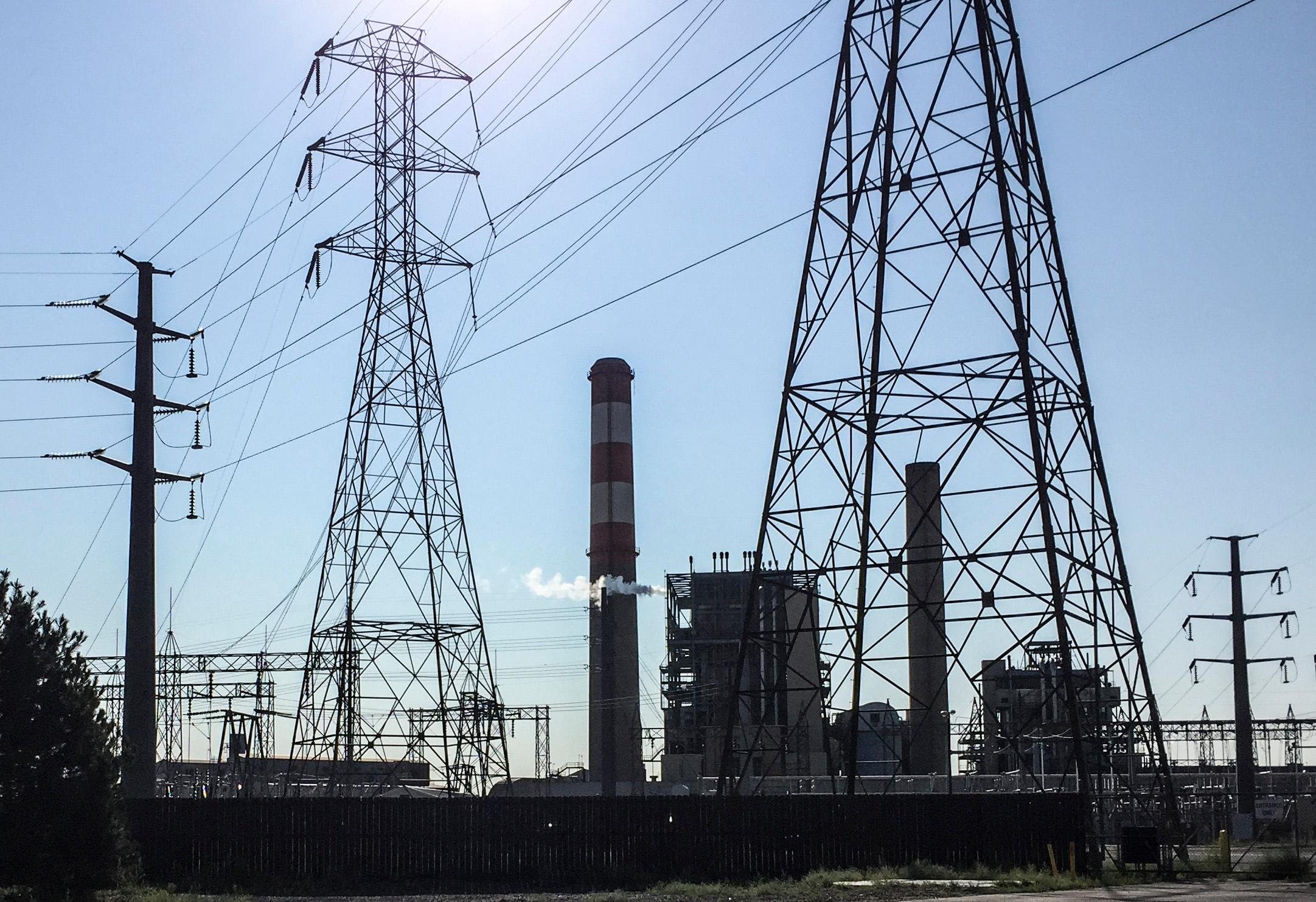

Environmental activists want Denver voters to choose whether to tax themselves — their natural gas and electricity use — to help combat climate change.
It would make Denver the first major city in the United States to enact a so-called "carbon tax." Their effort got underway this week as they began to gather the required signatures to get the question on the November ballot.
Brandon Rietheimer, who is helping organize the effort, was the main backer of a voter-approved 2017 Denver ballot initiative that mandated larger buildings in Denver — new construction and those that undergo major roof renovations — include "green roofs" like rooftop gardens. The idea is to improve air quality and reduce energy usage.
The new effort would levy a tax based on a consumer's usage of natural gas and electricity.
Some of the finer points:
- It would begin in July 2020.
- Commercial and industrial customers — businesses, for example — would be taxed at a higher rate.
- People with lower incomes — 50 percent of the "area median income," in Denver that's about $46,000 annually for a family of four — would be exempt from the tax.
- People who get all of their energy from a renewable source — wind or solar, for instance — would also be exempt.
Denverite's David Sachs reports that the tax could raise $40 million in the first year.
Advocates for the new carbon tax, which would also create a city Office of Climate Action and Resiliency, face a short timeline to gather their signatures.
"This campaign will be a sprint, but that's because that's what it takes to overcome the climate crisis," Rietheimer said.
Boulder is the only other city in America that has a similar tax. Officials there said it will raise about $1.8 million per year. Annually, that will cost the average residential customer about $21. That money will help them hit targets to reduce the city's greenhouse gas emissions, officials said.
The initiative needs over 8,000 valid signatures by July 8 to make Denver's November ballot.
Colorado Public Radio's Sam Brasch contributed to this report.








